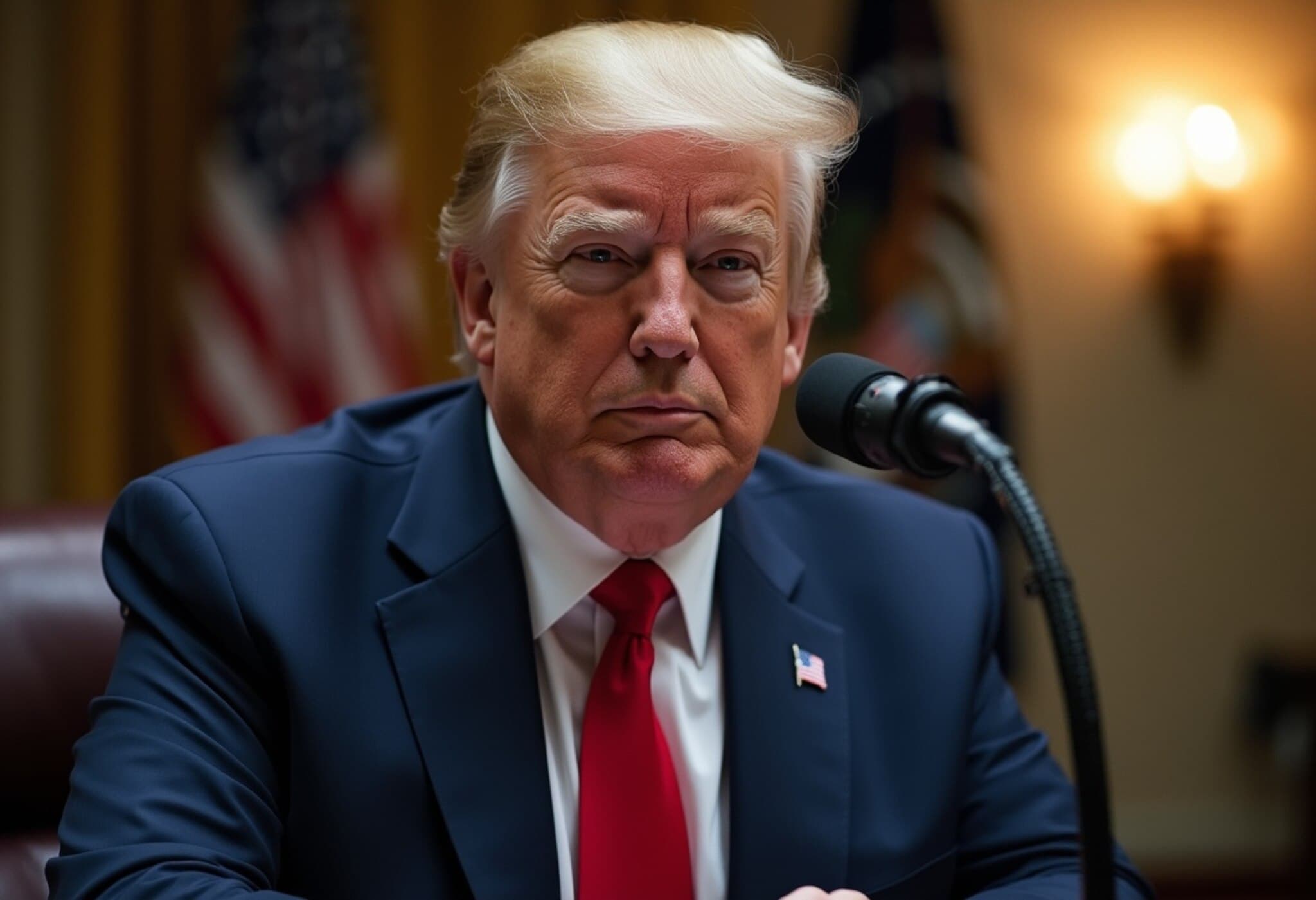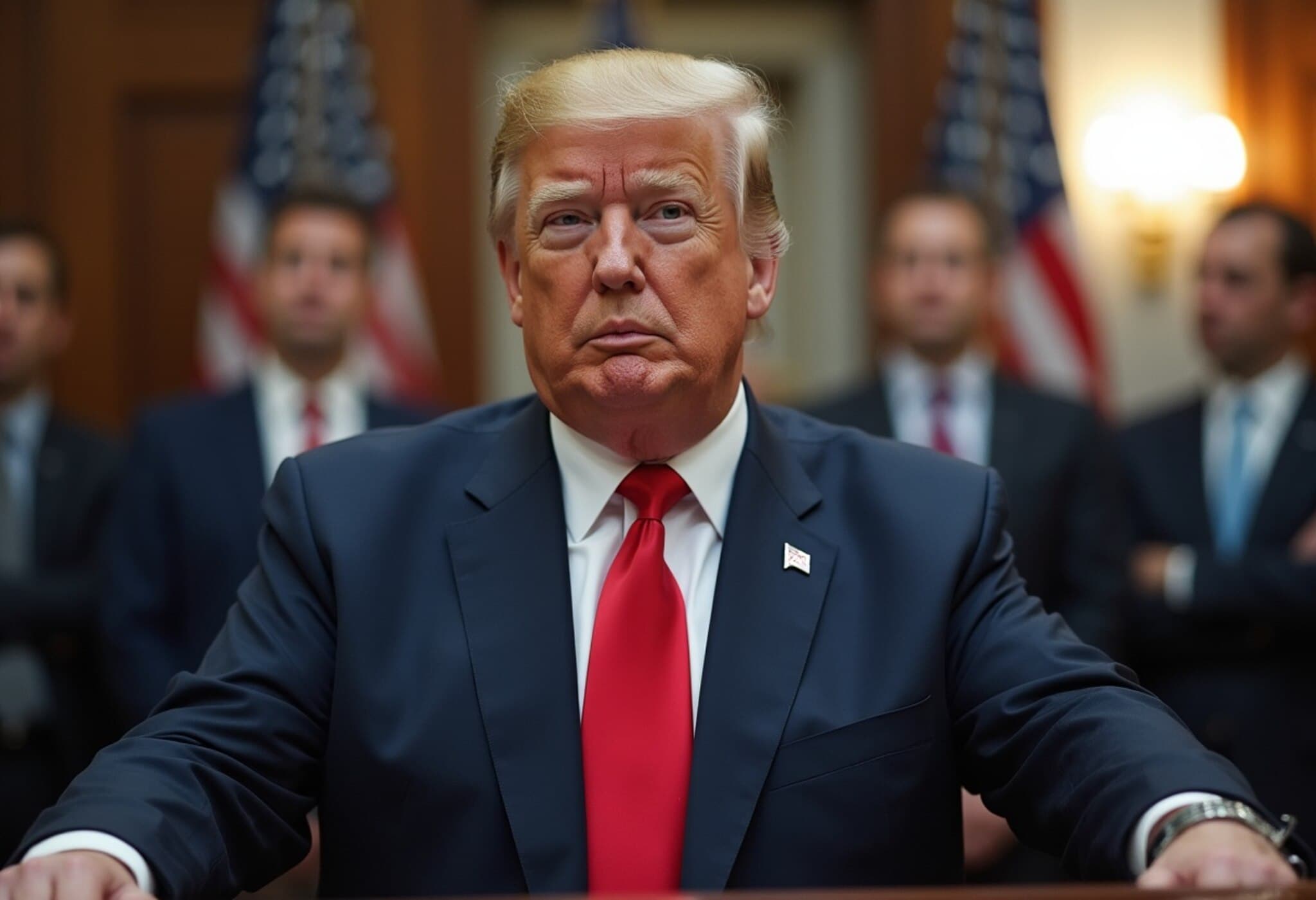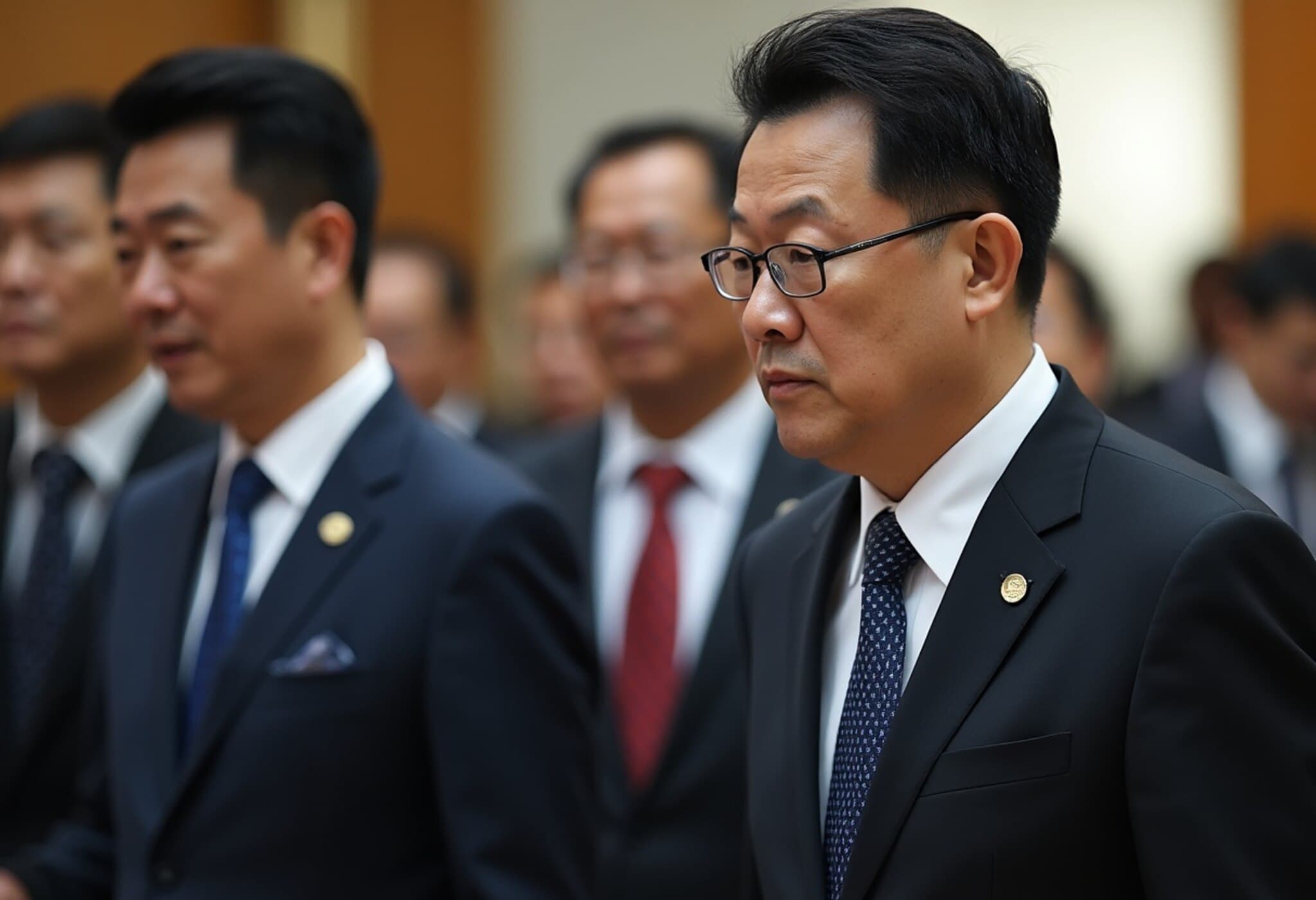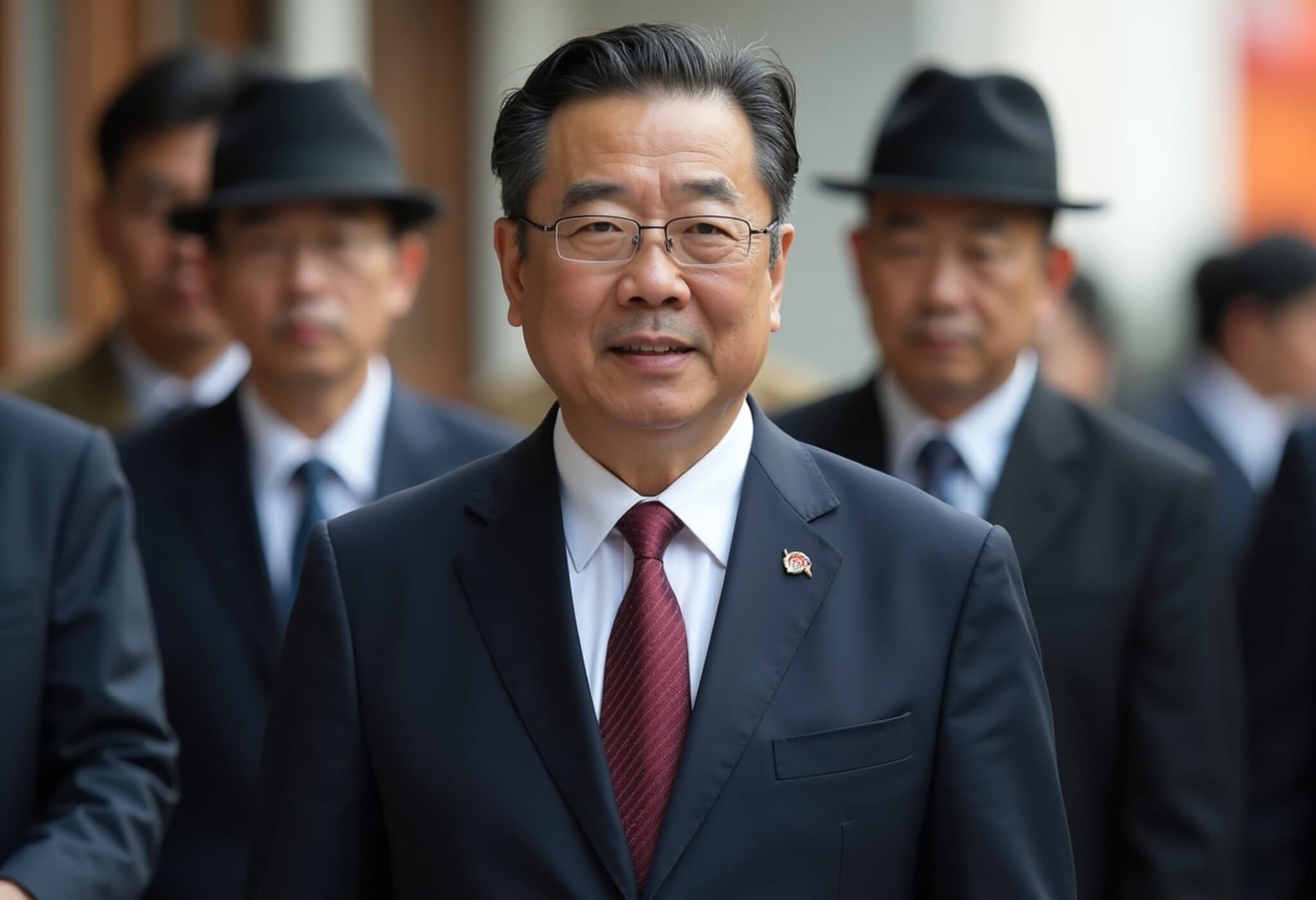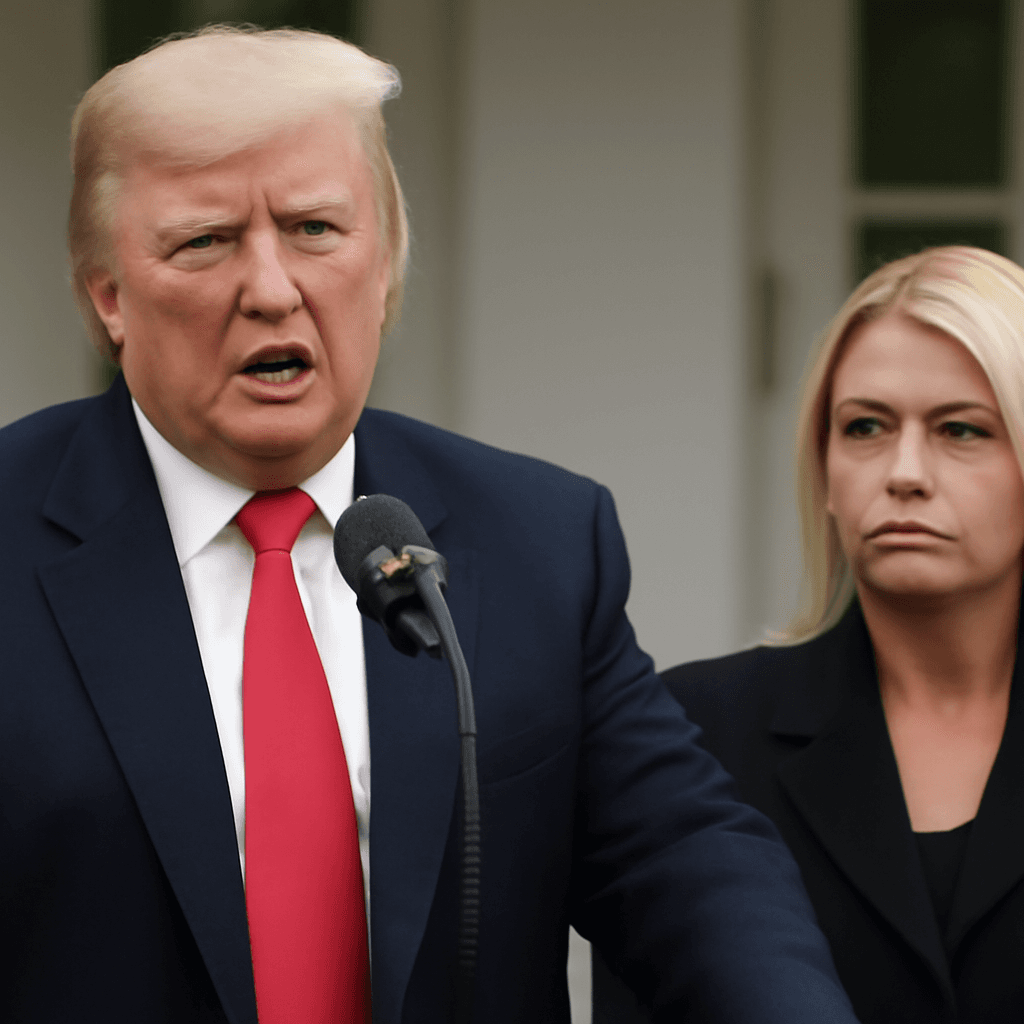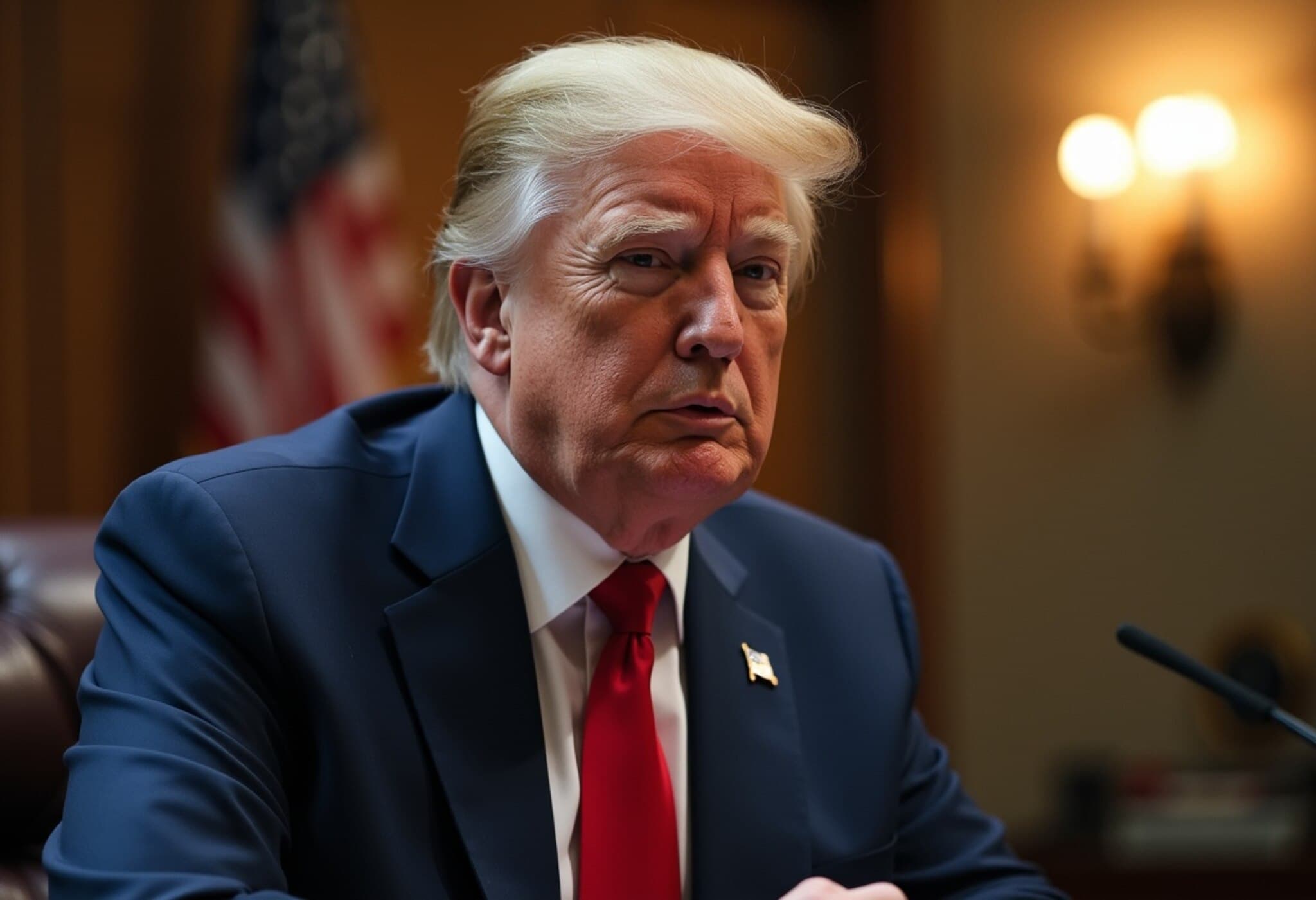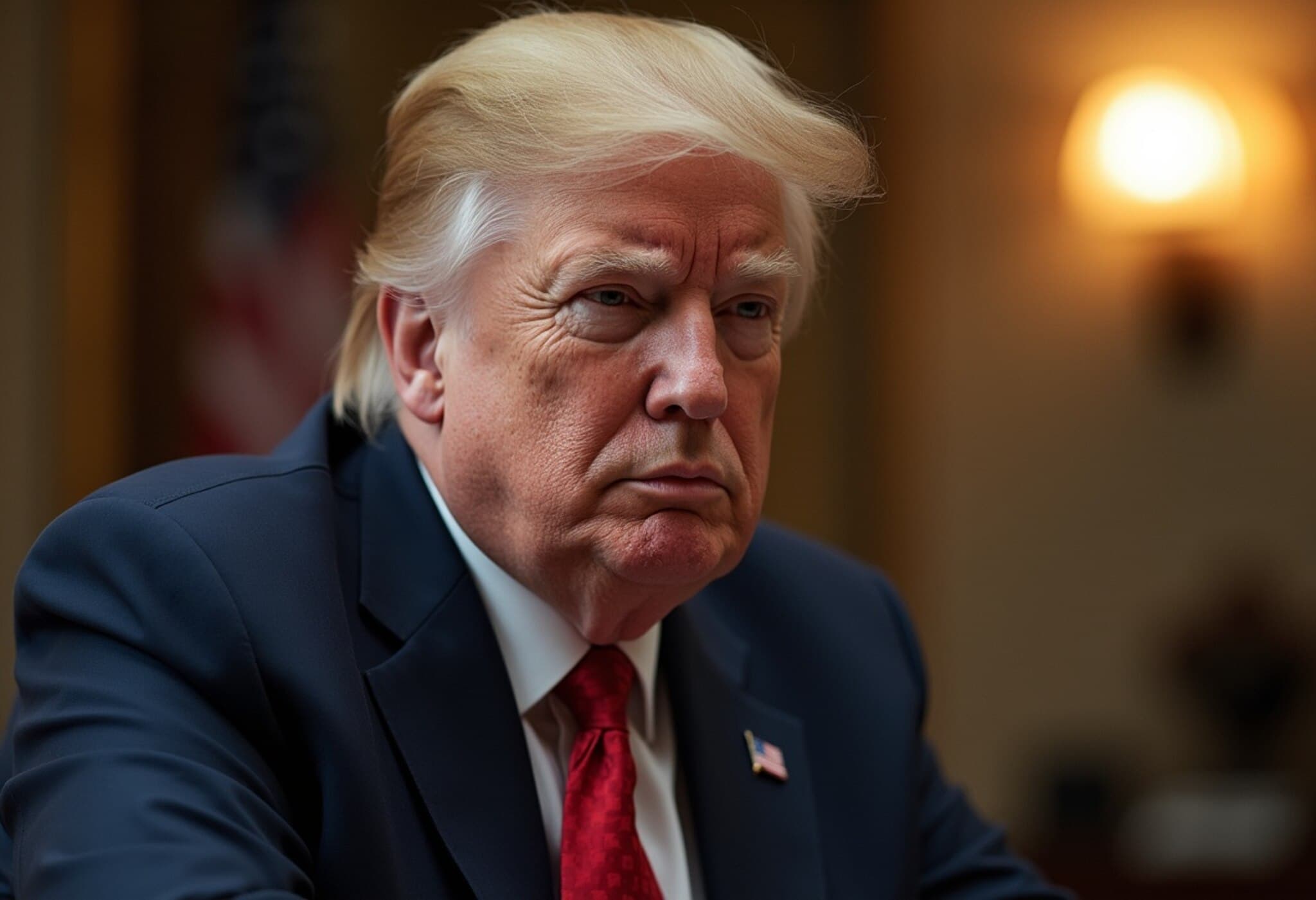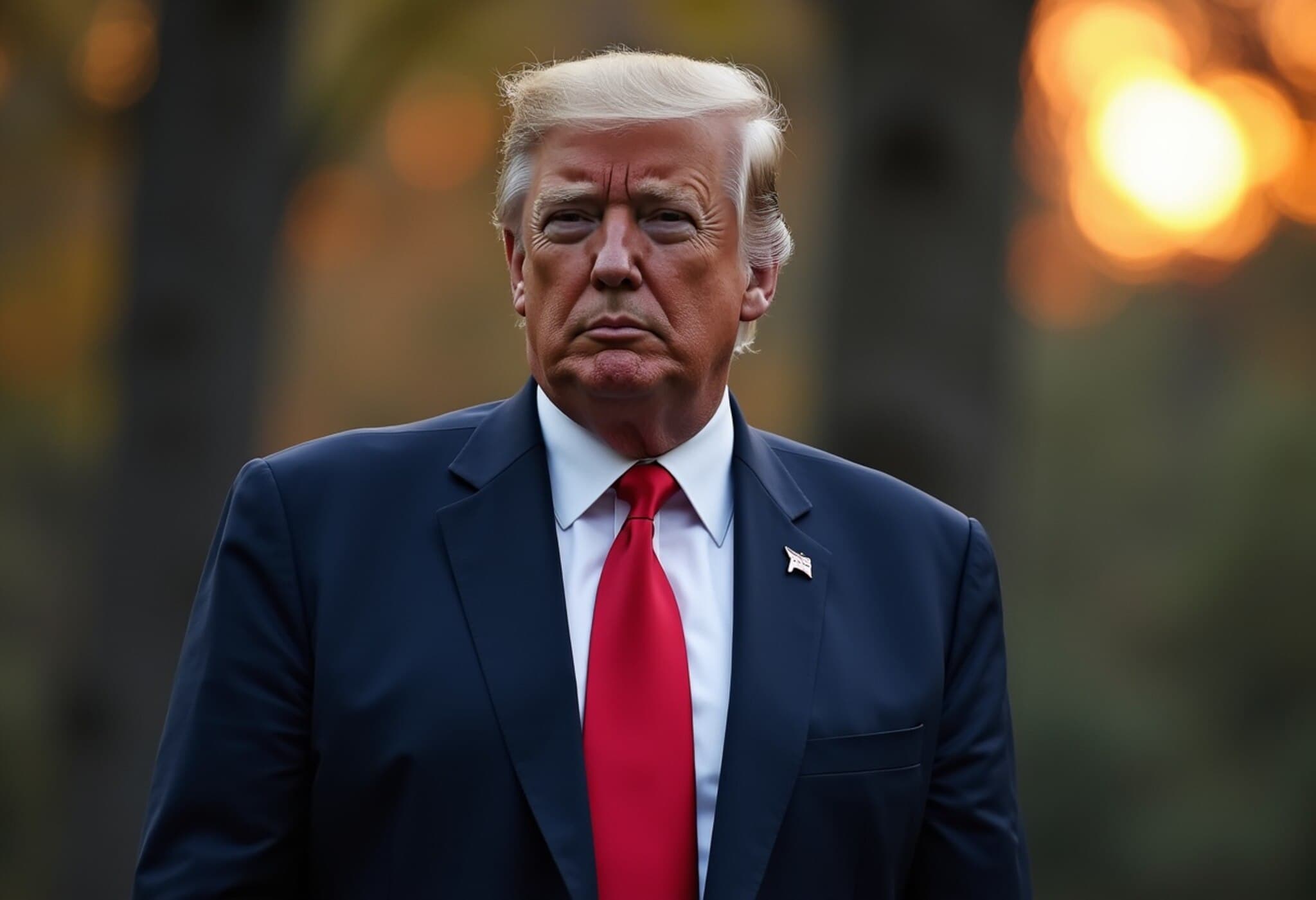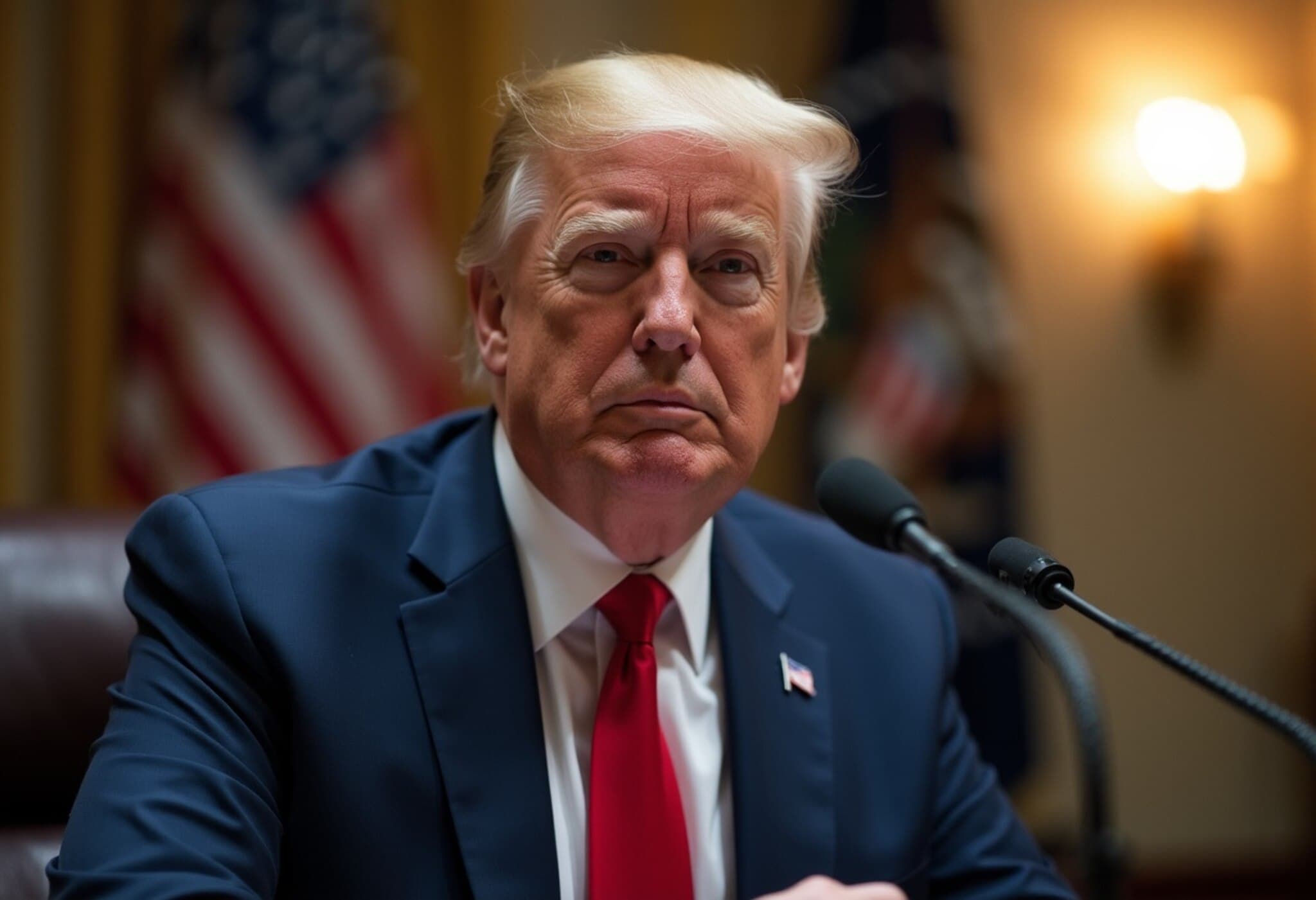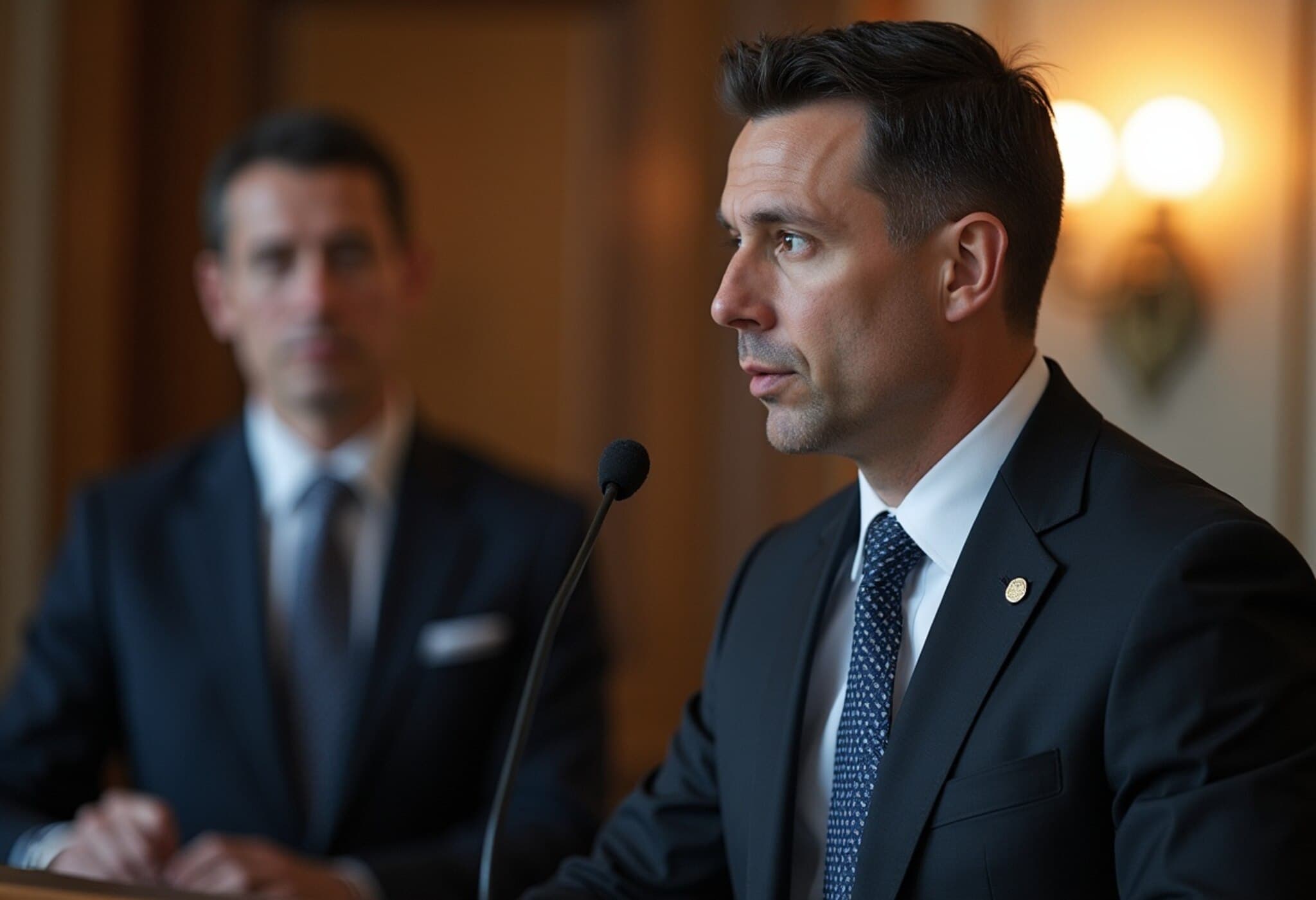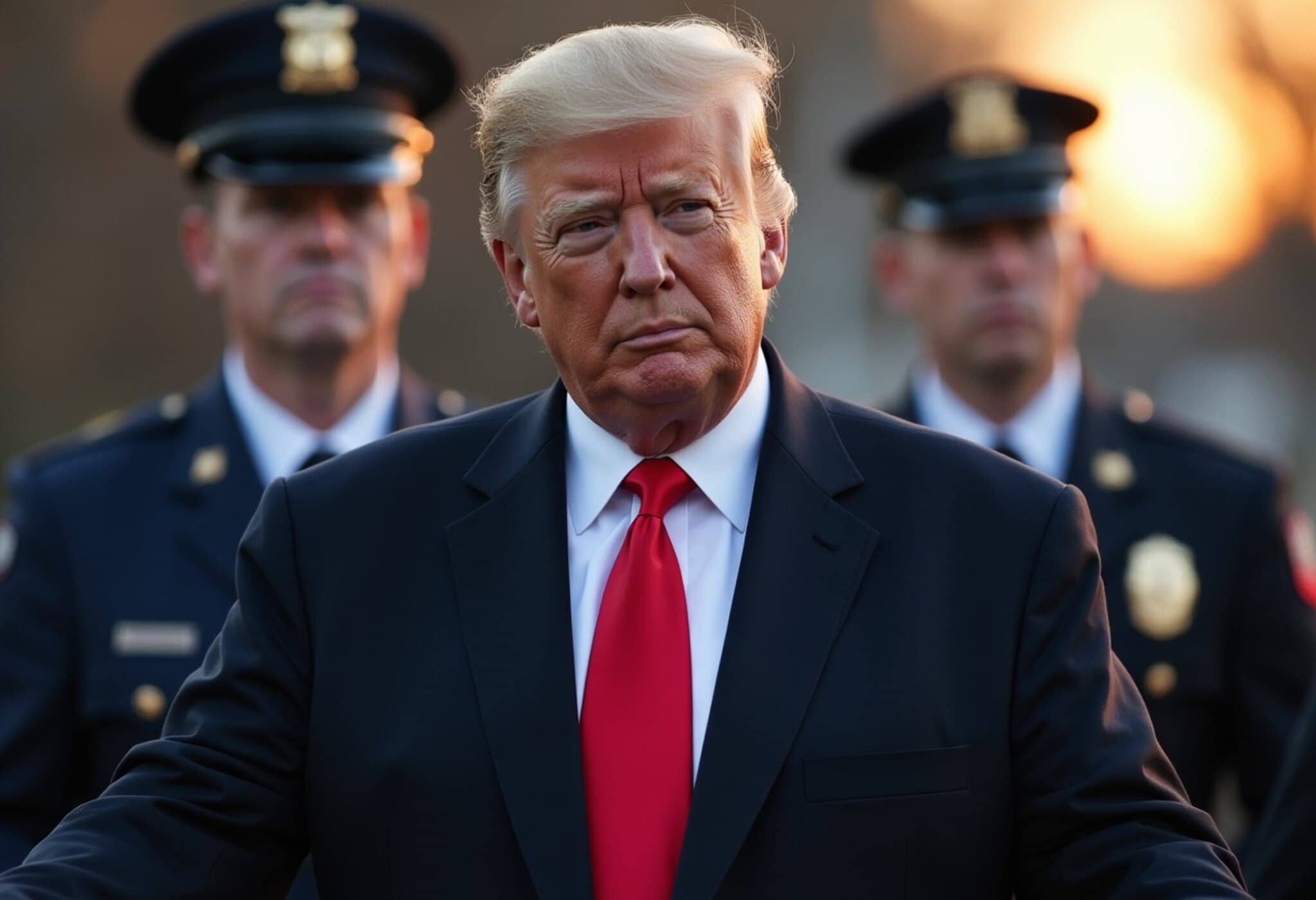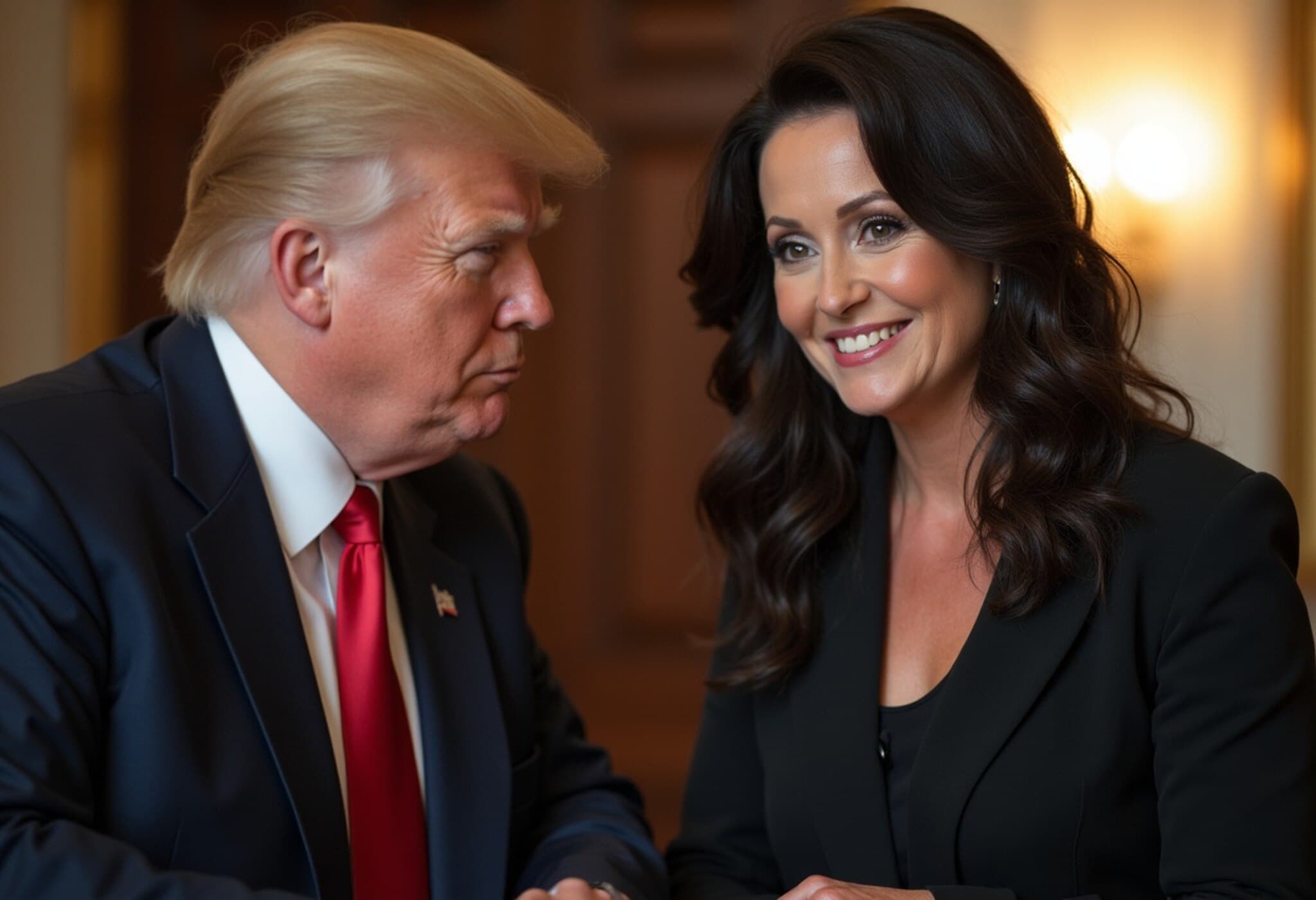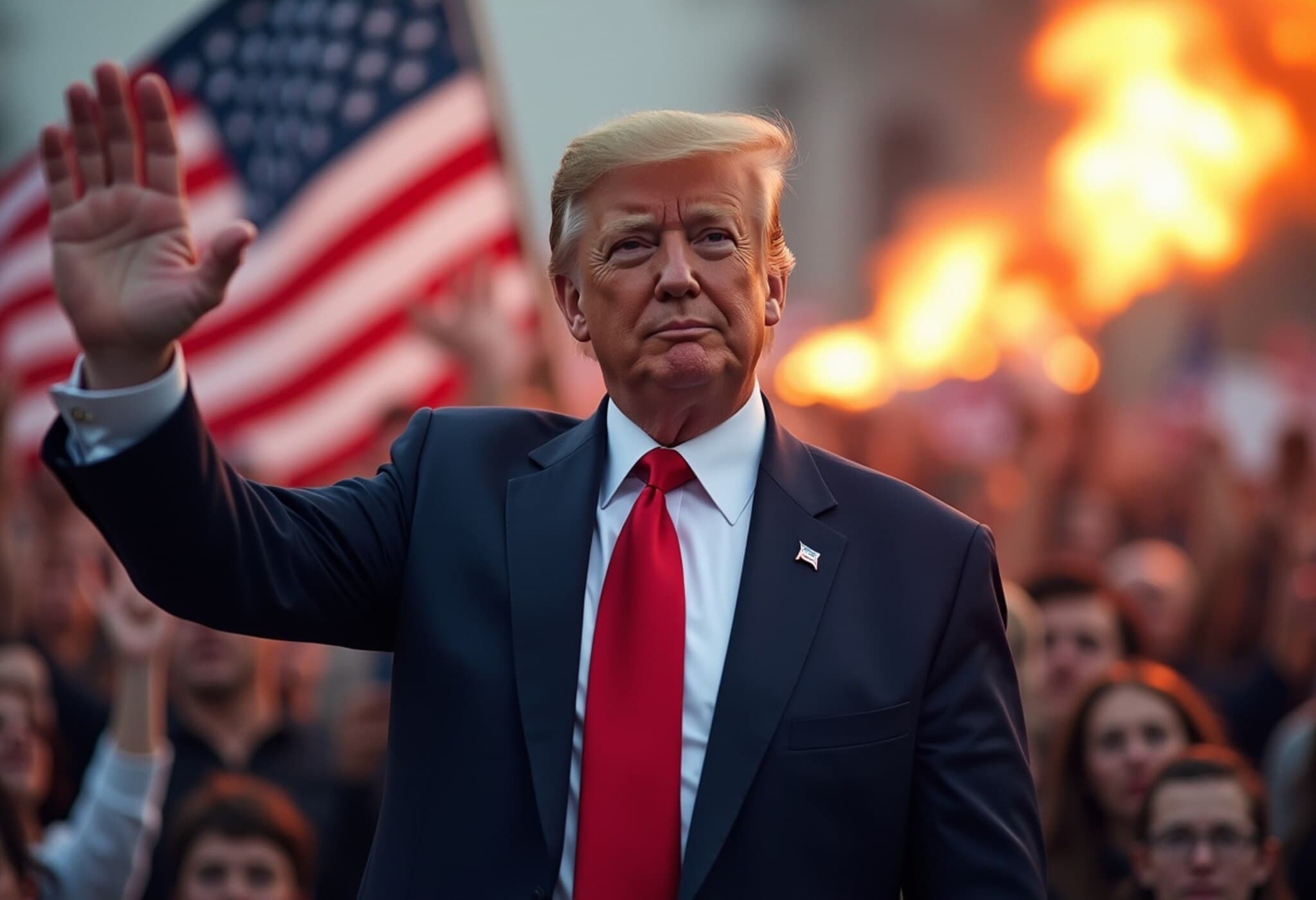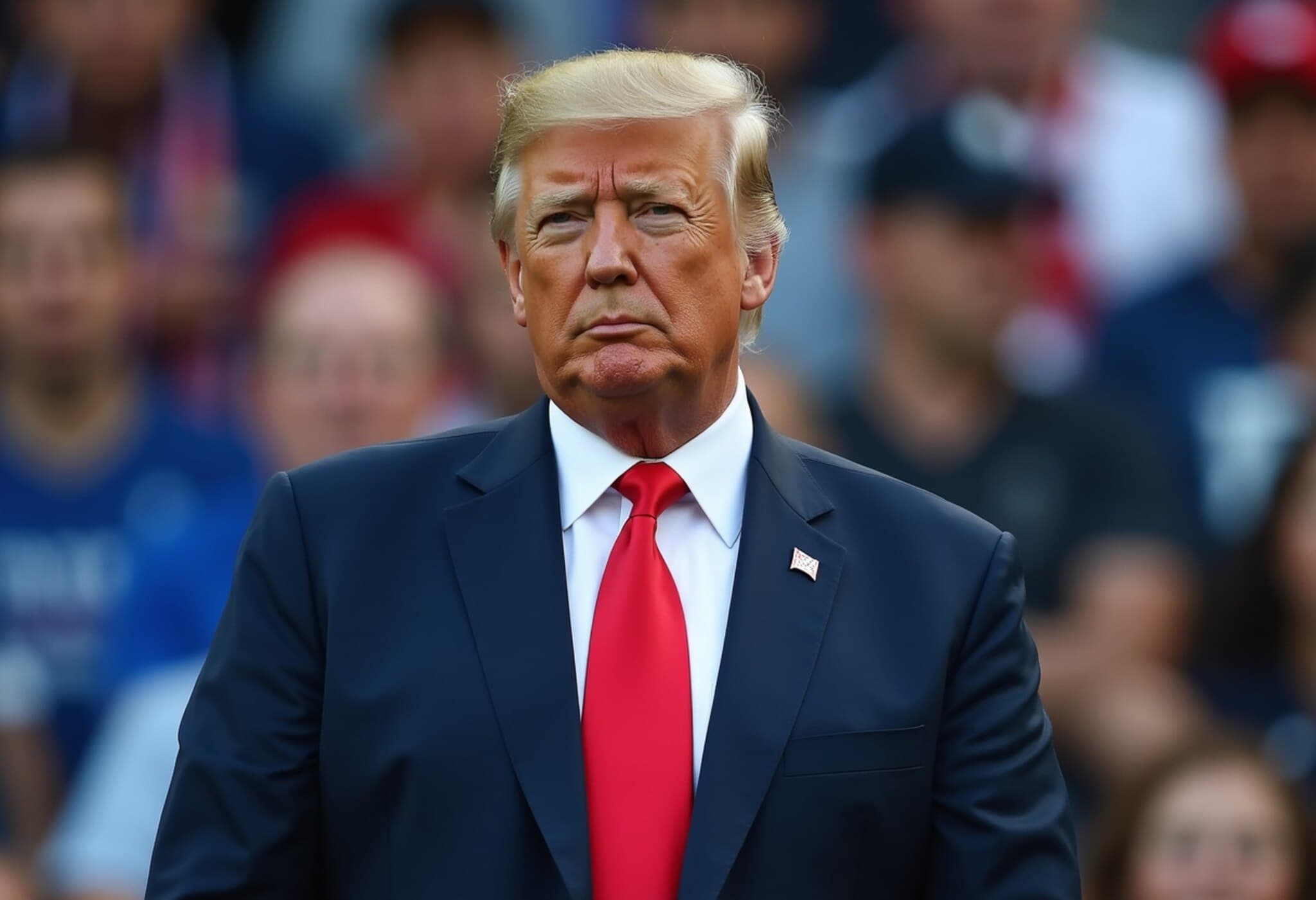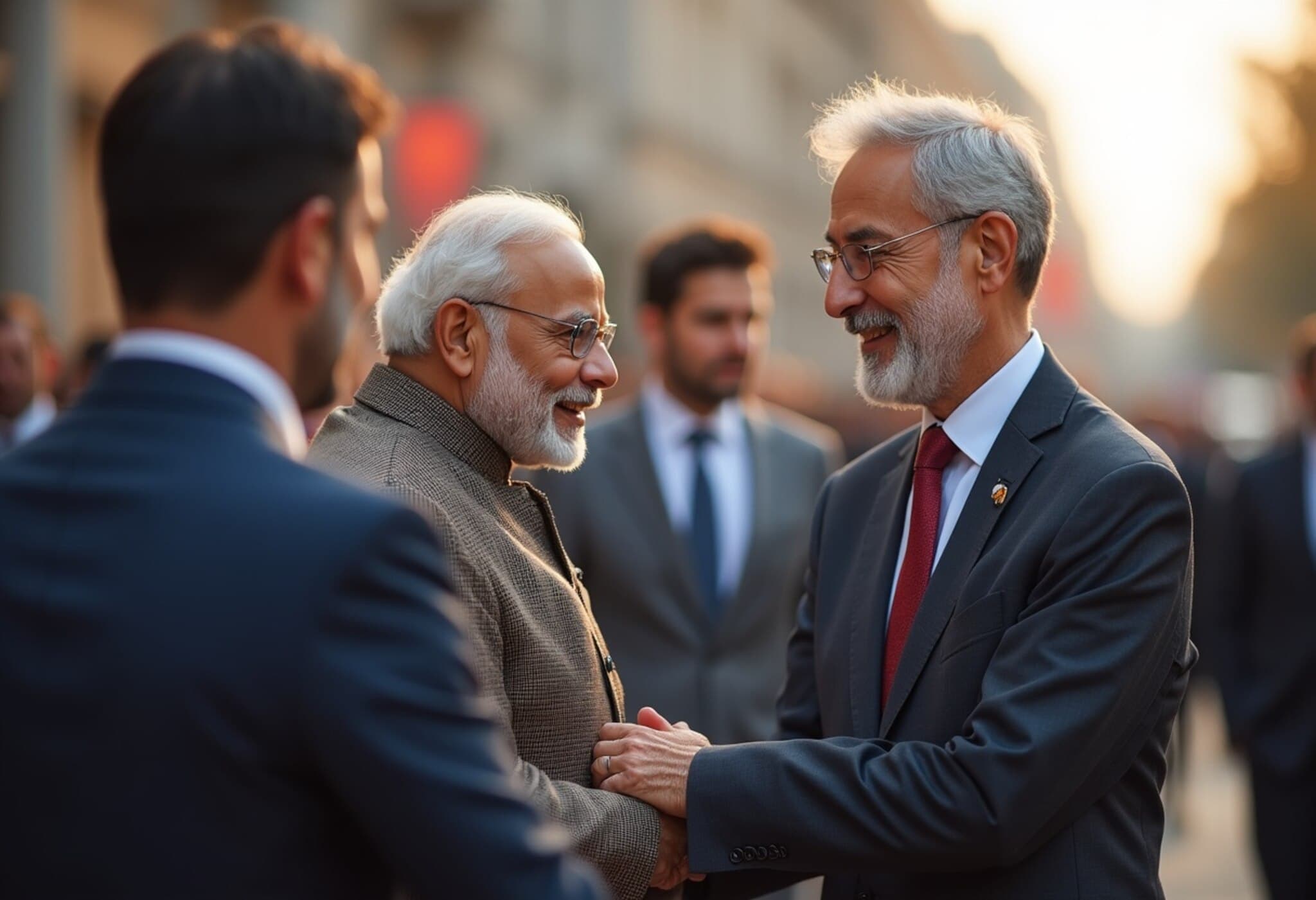Trump Informed About His Name in Jeffrey Epstein Documents
In a development that has reignited public interest in the long-scrutinized relationship between former President Donald Trump and the late financier Jeffrey Epstein, reports have surfaced revealing that Trump was notified his name appears multiple times within official files related to Epstein. This briefing reportedly occurred in May when then-Attorney General Pam Bondi met with Trump at the White House.
Context of the Epstein Documents and Trump’s Mention
According to CNN, during a Justice Department review of Jeffrey Epstein's files, Pam Bondi advised Trump that his name appeared alongside hundreds of others connected to Epstein — but emphasized these records contained “unverified hearsay” rather than confirmed evidence. These documents comprise numerous names, reflecting Epstein’s extensive and controversial social network.
Notably, a senior Justice Department official clarified to The Wall Street Journal that simply being named in the files does not indicate any wrongdoing or criminal association. Many claims within the files, including those related to Trump, were deemed unsubstantiated and unreliable following investigation.
White House Response and Dismissal of Media Reports
The White House swiftly dismissed the media coverage surrounding the story. Communications Director Steven Cheung termed the reports as “another fake news story,” emphasizing that no new allegations or evidence had emerged from the Justice Department’s review.
Bondi also reassured Trump that investigators found no credible “client list” linking Epstein to high-profile individuals nor any proof contradicting the official determination that Epstein’s death was a suicide.
Trump and Epstein: A History Examined
Trump’s ties to Epstein have long been a subject of public and legal scrutiny. As far back as 2002, Trump publicly acknowledged knowing Epstein for over 15 years, describing him to New York Magazine as a “terrific guy” with a fondness for beautiful, often younger women.
Further fueling public intrigue, allegations have surfaced over the years about Trump's interactions with Epstein — including a controversial birthday note Trump reportedly sent to Epstein, which Trump denies and has legally challenged.
Elon Musk recently added a viral twist to the narrative by posting on X (formerly Twitter) that Trump’s name appearing in Epstein files is the reason for their incomplete public release, sarcastically noting, “Have a nice day, DJT!”
Expert Insights: Why This Matters
- Public Transparency vs. Privacy: The Epstein files' partial secrecy drives questions about transparency, especially concerning individuals with political prominence.
- The Line Between Association and Accountability: Experts stress the importance of distinguishing mere social connections from criminal involvement to avoid misinformation and defamation.
- Media Literacy in Political Reporting: This case underscores the need for consumers to critically evaluate media sources and official statements amid politically charged narratives.
The Broader Implications for American Politics and Justice
As the U.S. grapples with high-profile cases intersecting with political figures, the Epstein files illuminate challenges in investigating powerful networks without succumbing to partisan spin or conspiratorial speculation. Legally, it raises important questions about how evidence, even unverified, is handled and communicated to the public.
Moreover, the episode highlights the persistent tension between the public’s demand for full disclosure and the justice system’s standards for credible evidence—a balance critical to upholding trust in democratic institutions.
What Remains Unanswered?
- In what specific contexts does Trump’s name appear in the Epstein records?
- How tightly are social associations in such documents linked to potential legal or ethical implications?
- Will we see a push for greater release of these files, or might national interests continue to keep portions classified?
Editor’s Note
The revelation that Donald Trump was briefed on his repeated mentions in the Epstein files offers a crucial perspective in the ongoing discourse around political accountability and media narratives. While it is easy to jump to conclusions, this case exemplifies the necessity of measured reporting undergirded by verified facts. As we track such stories going forward, readers are encouraged to engage critically with sources and remain mindful of the distinction between association and culpability—a lesson increasingly vital in today’s polarized information landscape.

